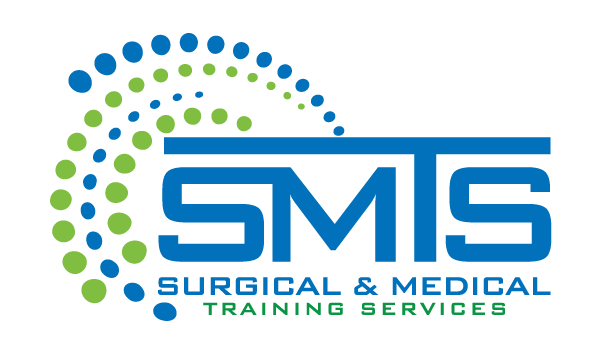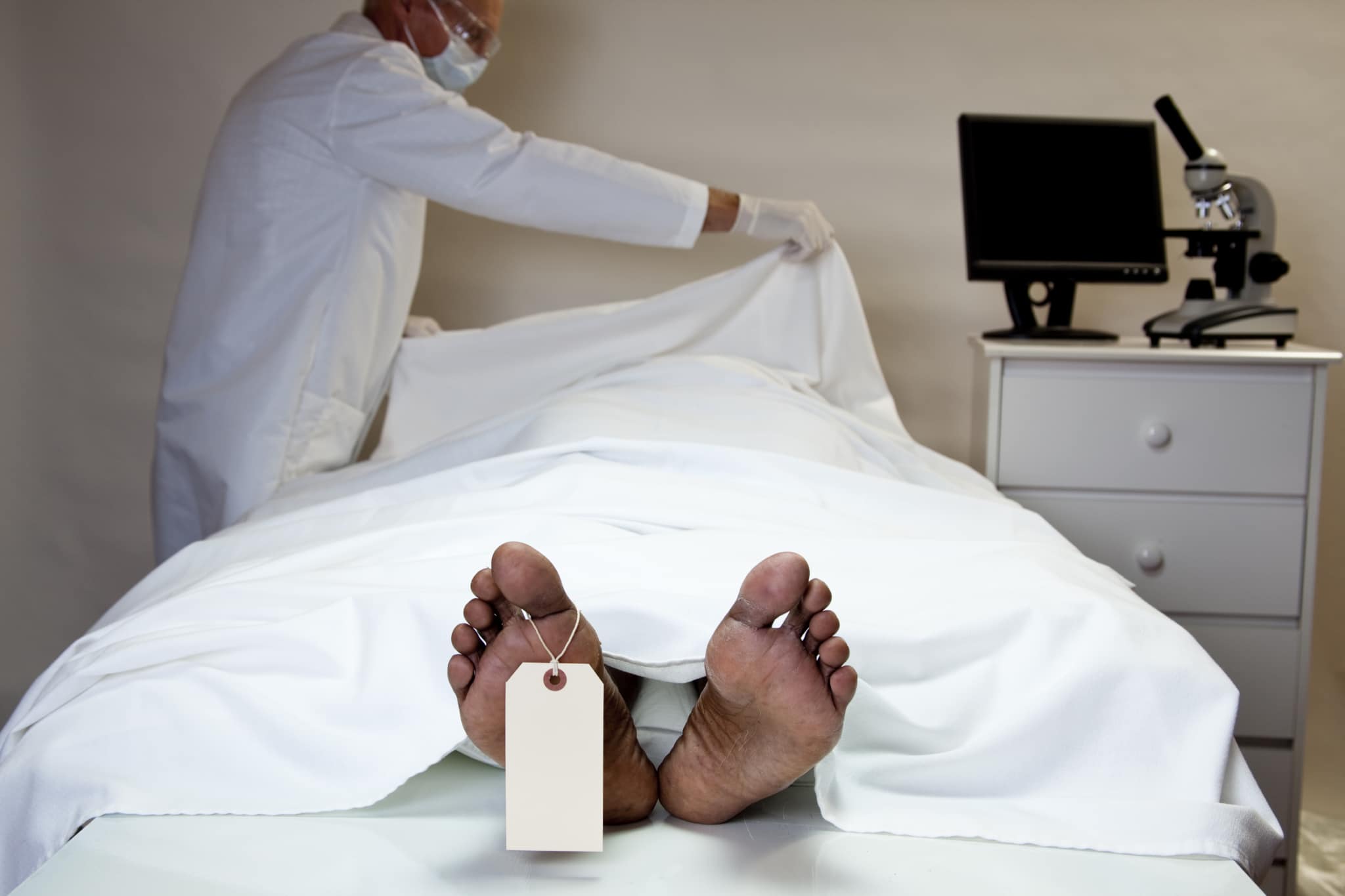Many people are interested in participating in their local, state-wide organ donation program. To be an organ donor is to make a meaningful contribution toward the tremendous need our country has for organ donations. At this time, more than 100,000 people are waiting for some type of organ donation. According to the U.S. Health Resources and Services Administration, there are currently more than 150 million registered donors in our country. However, many registrants do not qualify for donation at the time of their death. Qualification is determined by the cause of death and thorough medical history and evaluation by the local Organ Procurement Organization (OPO).
Being an organ donor creates the potential to save up to 8 lives and to affect many more. This is made possible by the prompt use of organs such as the heart, kidneys, pancreas, small bowel, liver, and lungs. Tissue donations may include tendons, veins, skin, bones, heart valves, and eyes. While the need for organ donation cannot be overstated, there is also a strong demand for whole-body donation.
WHAT IS WHOLE BODY DONATION?
Whole-body donation differs from organ donation in that the majority of the human cadaver is utilized for medical training.
A person can often be both an organ donor and a whole-body donor. After vital organs are used for transplantation, remains provide a necessary and vital function to medical training facilities. SMTS – Surgical & Medical Training Services is a leading bioskills training facility with nationwide labs designed to further medical research, training, and development.
The criteria for organ donation may differ among various organizations. In many cases, patients who have kidney or liver disease, lung or heart disease or cancer may not qualify for organ donation upon death. The criteria for whole body donation are much broader. Donation timelines may also be longer when compared to organ donation. In the case of organ donation, various tissues are donated to a patient in need. In the case of whole-body donation, the cadaver is donated to the betterment of medical technologies, which leads to improved patient outcomes in various areas of medicine.
If you are interested in organ donation, the concept of whole-body donation may also appeal to you. The contribution to medical science can enhance physician’s skills in areas including orthopedic surgery, general surgery, cardiothoracic surgery, neurological medicine, gynecology, and more.
The team at SMTS – Surgical & Medical Training Services is happy to answer your questions about whole body donation in the name of medical science. Contact us here or call (888) 801-9444 for more information.

